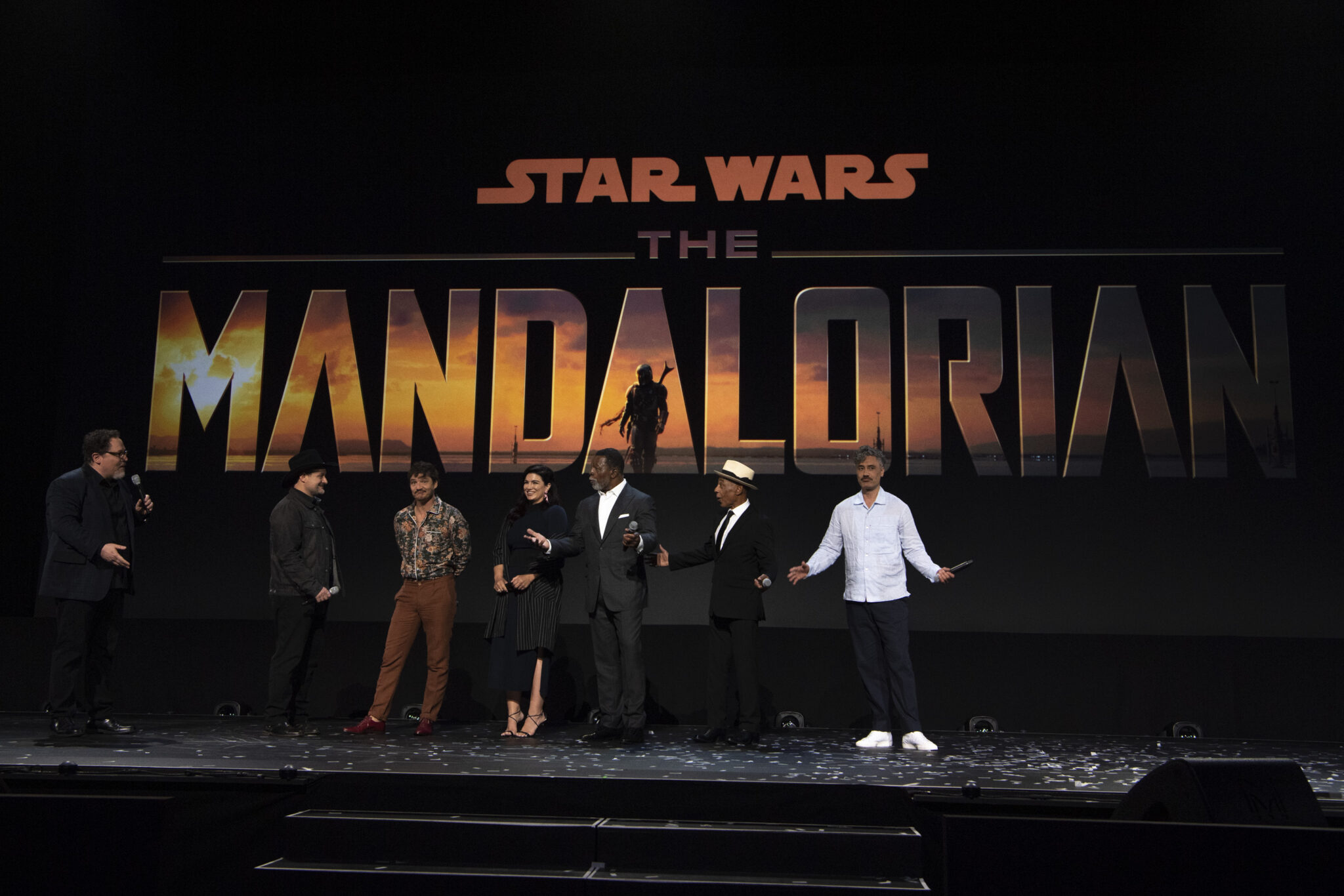
Holden Hopkins is a student at Harvard Law School.
In today’s News & Commentary, Disney tests a new free speech theory of defense in employment discrimination cases, University of California workers vote to authorize strike, and an NLRB judge rules that Starbucks illegally excluded union stores from pay cycle changes.
As Gil reported back in February, The Walt Disney Company has been facing an employment discrimination suit from actress Gina Carano who alleges that she was fired from her show “The Mandalorian” for her political views after a series of social media posts the company deemed to be antisemitic and transphobic. Now, Disney is advancing a defense to Carano’s claims—brought under a California statute which aims to protect employee political activity outside of the workplace—arguing that actions such as the termination of Carano are tied to the company’s right to control its brand message.
Michael Selmi, a law professor at Arizona State University with a focus on employment discrimination and civil rights law questioned the broader efficacy of this tactic. “I do not anticipate that employers more generally will receive any protection from claims of discrimination based on the First Amendment defense,” Selmi told Bloomberg Law. However, the interactions of this defense with the California state law at question, as well as Disney’s claim for special consideration as a fundamentally “expressive entity” could pose interesting questions of law for the court to resolve.
On Thursday, ninety-nine percent of AFSCME Local 3299’s 35,000 student workers at the University of California system voted to authorize a strike. This vote comes in response to what the union has described as bad-faith bargaining by the University and will impact more than ten campuses and medical clinics across the state. Of chief concern for the student workers is a crisis of housing affordability, with many workers reporting being left with no other option but to sleep in their cars. The University has reportedly failed to bargain over healthcare costs, which have increased, and refused to provide the union with financial and staffing information.
Also on Thursday, an NLRB judge ruled that Starbucks had violated labor law by excluding union stores across several states from the company’s 2022 shift to a new weekly pay cycle. The company was ordered to immediately implement the change at unionizing stores and to offer it at stores which had already unionized. The judge also issued a broad cease-and-desist order that Starbucks refrain from violating workers’ organizing rights in California, Massachusetts, Minnesota, and Maine.






Daily News & Commentary
Start your day with our roundup of the latest labor developments. See all
November 20
Law professors file brief in Slaughter; New York appeals court hears arguments about blog post firing; Senate committee delays consideration of NLRB nominee.
November 19
A federal judge blocks the Trump administration’s efforts to cancel the collective bargaining rights of workers at the U.S. Agency for Global Media; Representative Jared Golden secures 218 signatures for a bill that would repeal a Trump administration executive order stripping federal workers of their collective bargaining rights; and Dallas residents sue the City of Dallas in hopes of declaring hundreds of ordinances that ban bias against LGBTQ+ individuals void.
November 18
A federal judge pressed DOJ lawyers to define “illegal” DEI programs; Peco Foods prevails in ERISA challenge over 401(k) forfeitures; D.C. court restores collective bargaining rights for Voice of America workers; Rep. Jared Golden secures House vote on restoring federal workers' union rights.
November 17
Justices receive petition to resolve FLSA circuit split, vaccine religious discrimination plaintiffs lose ground, and NJ sues Amazon over misclassification.
November 16
Boeing workers in St. Louis end a 102-day strike, unionized Starbucks baristas launch a new strike, and Illinois seeks to expand protections for immigrant workers
November 14
DOT rule involving immigrant truck drivers temporarily stayed; Unions challenge Loyalty Question; Casino dealers lose request for TRO to continue picketing